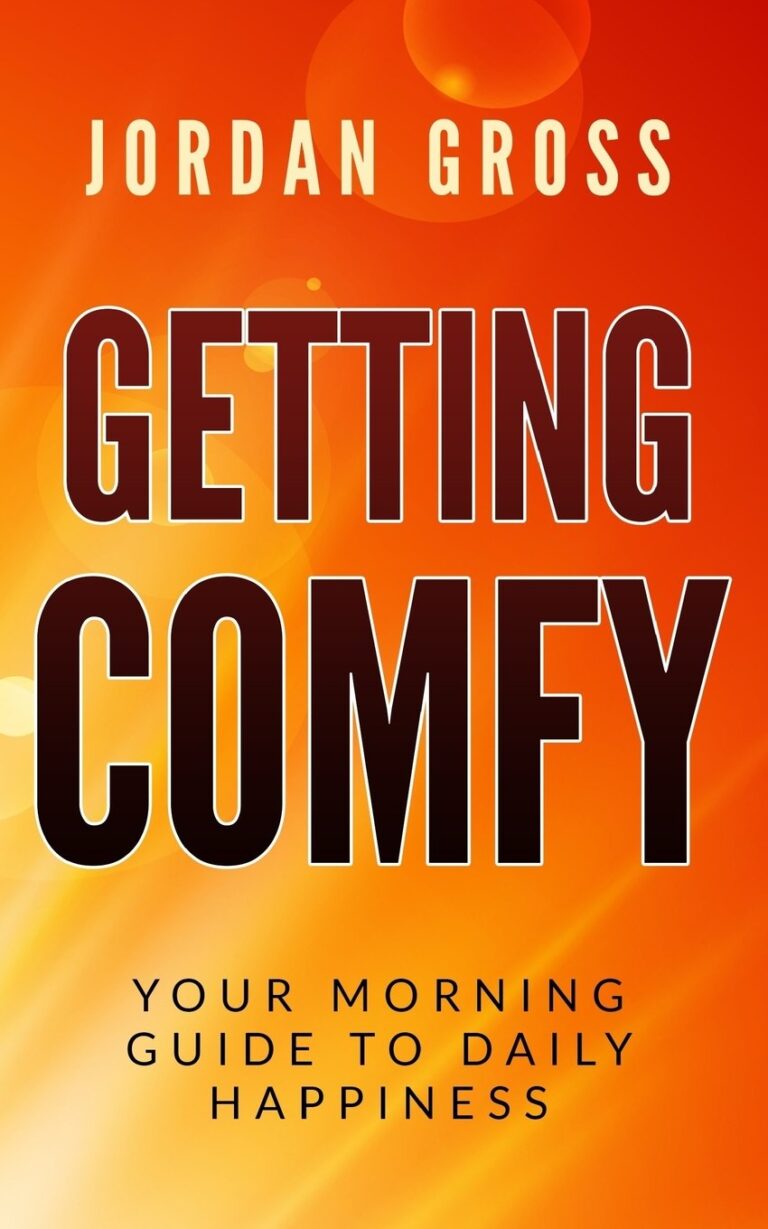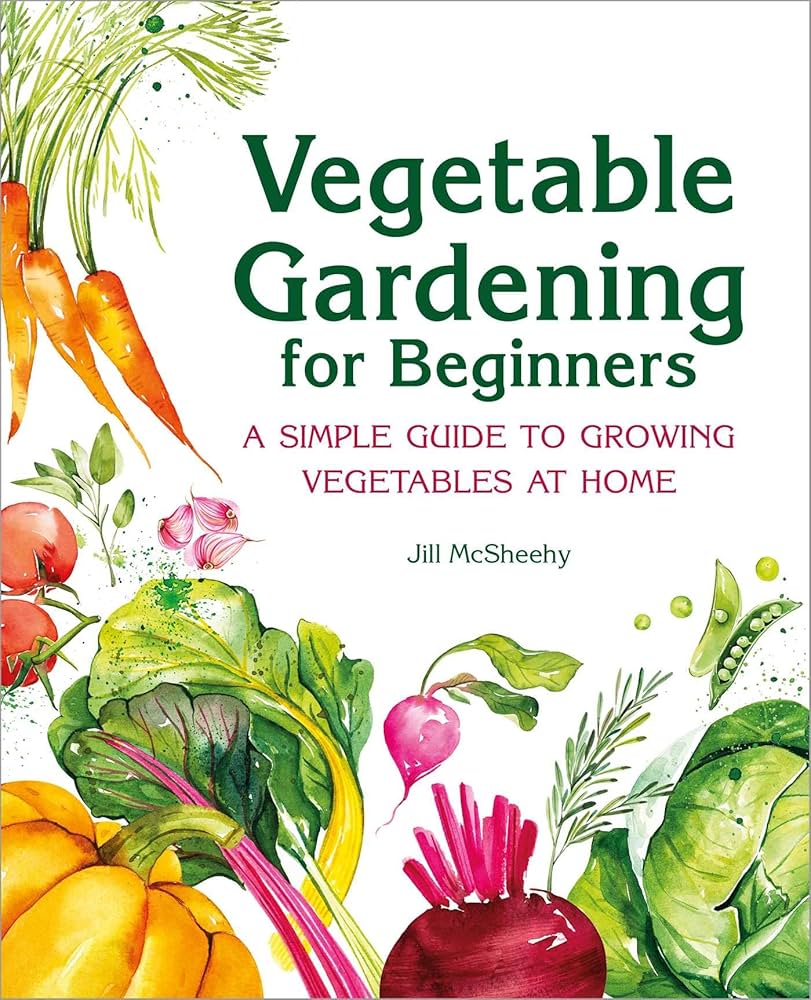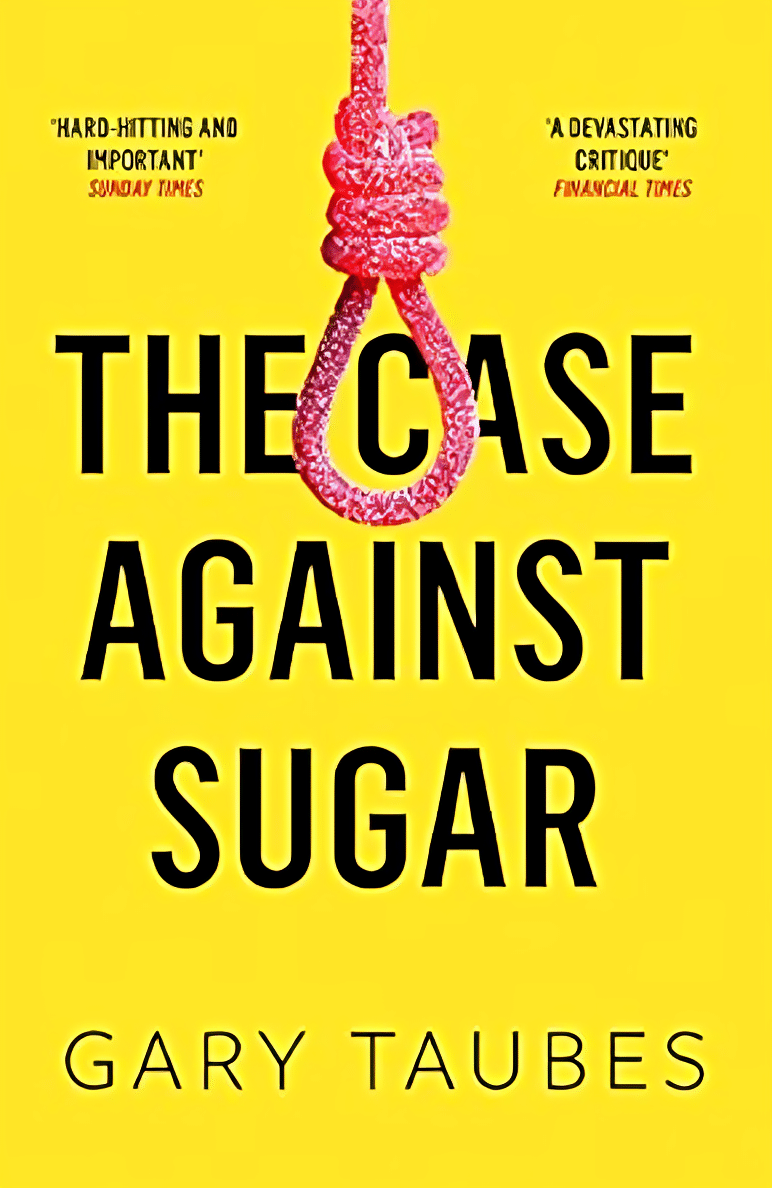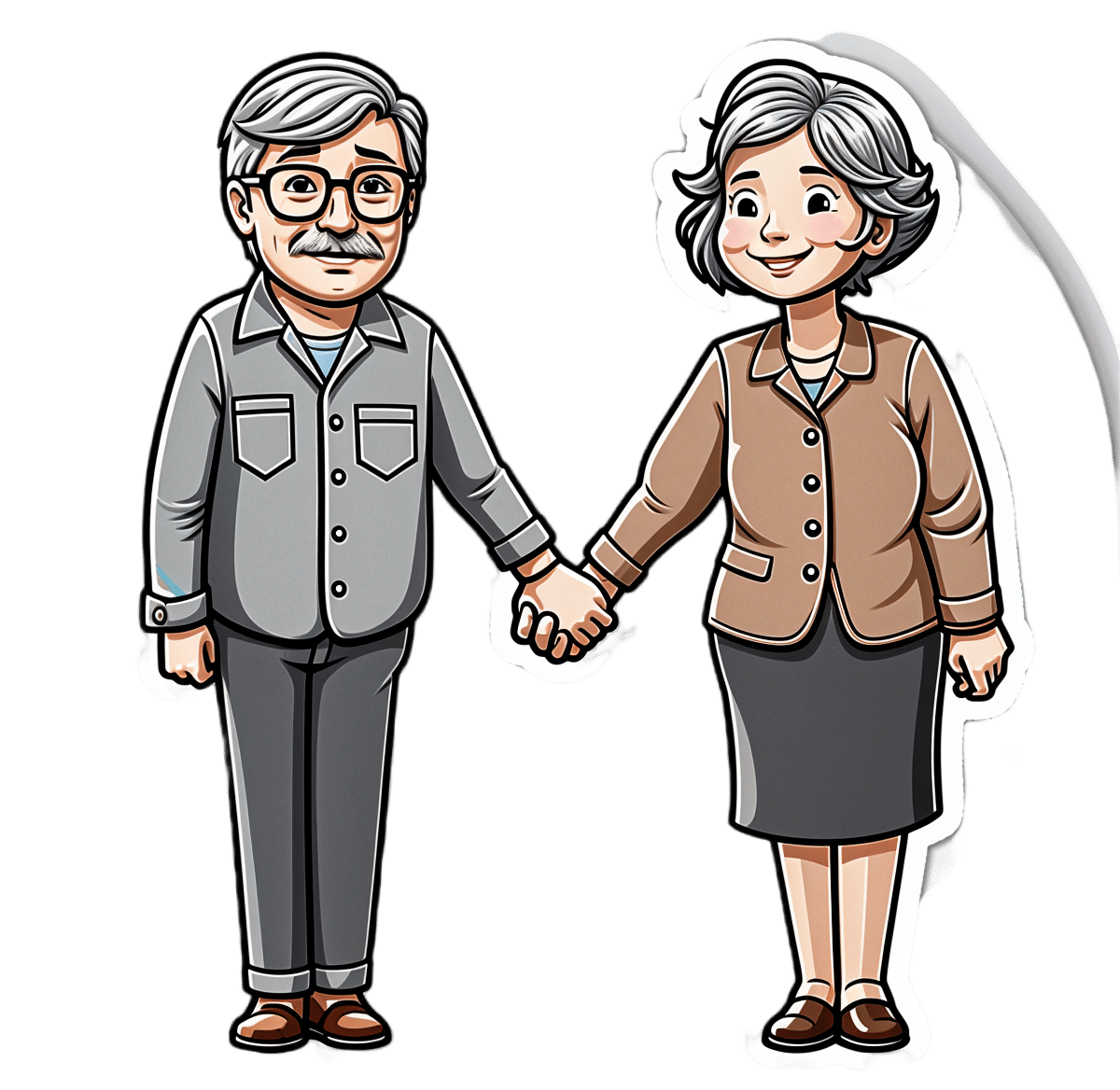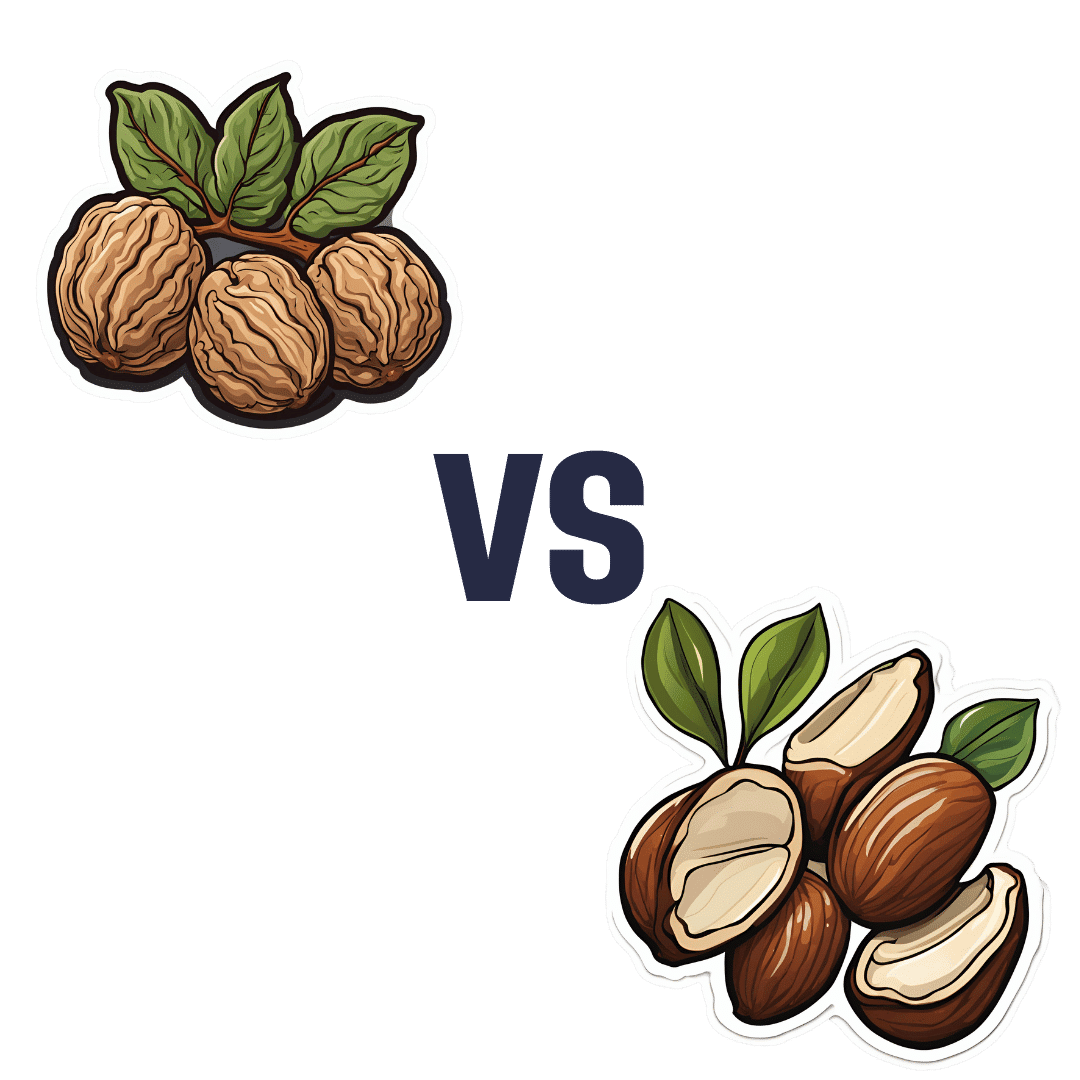
The Great Cholesterol Myth, Revised and Expanded – by Dr. Jonny Bowden and Dr. Stephen Sinatra
10almonds is reader-supported. We may, at no cost to you, receive a portion of sales if you purchase a product through a link in this article.
The topic of cholesterol, and saturated fat for that matter, is a complex and often controversial one. How does this book treat it?
With strong opinions, is how—but backed by good science. The authors, a nutritionist and a cardiologist, pull no punches about outdated and/or cherry-picked science, and instead make the case for looking at what, statistically speaking, appear to be the real strongest risk factors.
So, are they advocating for Dave Asprey-style butter-guzzling, or “the carnivore diet”? No, no they are not. Those things remain unhealthy, even if they give some short-term gains (of energy levels, weight loss, etc).
They do advocate, however, for enjoying saturated fats in moderation, and instead of certain polyunsaturated seed oils that do far worse. They also advocate strongly for avoiding sugar, stress, and (for different reasons) statins (in most people’s cases).
They also demystify in clear terms, and often with diagrams and infographics, the various kinds of fats and their components, broken down in far more detail than any other pop-science source this reviewer has seen.
Bottom line: if you want to take a scientific approach to heart health, this book can help you to focus on what will actually make the biggest difference.
Don’t Forget…
Did you arrive here from our newsletter? Don’t forget to return to the email to continue learning!
Recommended
Learn to Age Gracefully
Join the 98k+ American women taking control of their health & aging with our 100% free (and fun!) daily emails:
-
Vegetable Gardening for Beginners – by Patricia Bohn
10almonds is reader-supported. We may, at no cost to you, receive a portion of sales if you purchase a product through a link in this article.
Gardens are places of relaxation, but what if it could be that and more? We all know that home-grown is best… But how?
Patricia Bohner takes us by the hand with a ground-up approach (so to speak) that assumes no prior gardening ability. Which, for some of us, is critical!
After an initial chapter covering the “why” of vegetable gardening (which most readers will know already, but it’s inspiring), she looks at the most common barriers to vegetable gardening:
- Time
- Space
- Skill issues
- Landlord issues
- Not enough sun
(This reviewer would have liked to have an extra section: “lives in an ancient bog and the soil kills most things”, but that is a little like “space”. I should be using containers, with soil from elsewhere!)
Anyway, after covering how to overcome each of those problems, it’s on to a chapter (of many sections) on “basic basics for beginners”. After this, we now know what our plants need and how we’re going to provide it, and what to do in what order. We’re all set up and ready to go!
Now comes the fancy stuff. We’re talking not just containers, but options of raised beds, vertical gardening, hydroponics, and more. And, importantly, what plants go well in which options—followed up with an extensive array of how-tos for all the most popular edible gardening options.
She finishes up with “not covered elsewhere” gardening tips, which even just alone would make the book a worthwhile read.
In short, if you’ve a desire to grow vegetables but haven’t felt you’ve been able, this book will get you up and running faster than runner beans.
Get your copy of Vegetable Gardening For Beginners from Amazon
Share This Post
-
The Case Against Sugar – by Gary Taubes
10almonds is reader-supported. We may, at no cost to you, receive a portion of sales if you purchase a product through a link in this article.
We generally already know that sugar is bad for the health. Most people don’t know how bad.
Taubes makes, as the title goes, “the case against sugar”. Implicated in everything from metabolic syndrome to cancer to Alzheimer’s, sugar is ruinous to the health.
It’s hard to review this book without making a comparison to William Duffy’s 1975 bestseller, “Sugar Blues“. Stylistically it’s very similar, and the general gist is certainly the same.
However! Where this book beats Sugar Blues is in content; Duffy’s book often makes bold claims without scientific backing. Some of those claims didn’t stand the test of time and are now disproven. Instead, Taubes’ book leans on actual up-to-date science, and talks more about what we actually know, than what we imagine.
If this book has a weak point, it’s when it veers away from its main topic and starts talking about, for example, saturated fat. In this side-topic, the book makes some good points, but is less well-considered, cherry-picks data, and lacks nuance.
On its main topic, though, the investigation of sugar, it is rather more thorough.
Bottom line: if you want a next-level motivation to reduce or eliminate dietary sugar, this book may certainly provide that.
Click here to check out The Case Against Sugar and reduce a lot of your health risks!
Share This Post
-
Relationships: When To Stick It Out & When To Call It Quits
10almonds is reader-supported. We may, at no cost to you, receive a portion of sales if you purchase a product through a link in this article.
Like A Ship Loves An Anchor?
Today’s article may seem a little bit of a downer to start with, but don’t worry, it picks up again too. Simply put, we’ve written before about many of the good parts of relationships, e.g:
Only One Kind Of Relationship Promotes Longevity This Much!
…but what if that’s not what we have?
Note: if you have a very happy, secure, fulfilling, joyous relationship, then, great! Or if you’re single and happy, then, also great! Hopefully you will still find today’s feature of use if you find yourself advising a friend or family member one day. So without further ado, let’s get to it…
You may be familiar with the “sunk cost fallacy”; if not: it’s what happens when a person or group has already invested into a given thing, such that even though the thing is not going at all the way they hoped, they now want to continue trying to make that thing work, lest their previous investment be lost. But the truth is: if it’s not going to work, then the initial investment is already lost, and pouring out extra won’t help—it’ll just lose more.
That “investment” in a given thing could be money, time, energy, or (often the case) a combination of the above.
In the field of romance, the “sunk cost fallacy” keeps a lot of bad relationships going for longer than perhaps they should, and looking back (perhaps after a short adjustment period), the newly-single person says “why did I let that go on?” and vows to not make the same mistake again.
But that prompts the question: how can we know when it’s right to “keep working on it, because relationships do involve work”, as perfectly reasonable relationship advice often goes, and when it’s right to call it quits?
Should I stay or should I go?
Some questions for you (or perhaps a friend you might find yourself advising) to consider:
- What qualities do you consider the most important for a partner to have—and does your partner have them?
- If you described the worst of your relationship to a close friend, would that friend feel bad for you?
- Do you miss your partner when they’re away, or are you glad of the break? When they return, are they still glad to see you?
- If you weren’t already in this relationship, would you seek to enter it now? (This takes away sunk cost and allows a more neutral assessment)
- Do you feel completely safe with your partner (emotionally as well as physically), or must you tread carefully to avoid conflict?
- If your partner decided tomorrow that they didn’t want to be with you anymore and left, would that be just a heartbreak, or an exciting beginning of a new chapter in your life?
- What things would you generally consider dealbreakers in a relationship—and has your partner done any of them?
The last one can be surprising, by the way. We often see or hear of other people’s adverse relationship situations and think “I would never allow…” yet when we are in a relationship and in love, there’s a good chance that we might indeed allow—or rather, excuse, overlook, and forgive.
And, patience and forgiveness certainly aren’t inherently bad traits to have—it’s just good to deploy them consciously, and not merely be a doormat.
Either way, reflect (or advise your friend/family member to reflect, as applicable) on the “score” from the above questions.
- If the score is good, then maybe it really is just a rough patch, and the tools we link at the top and bottom of this article might help.
- If the score is bad, the relationship is bad, and no amount of historic love or miles clocked up together will change that. Sometimes it’s not even anyone’s fault; sometimes a relationship just ran its course, and now it’s time to accept that and turn to a new chapter.
“At my age…”
As we get older, it’s easy for that sunk cost fallacy to loom large. Inertia is heavy, the mutual entanglement of lives is far-reaching, and we might not feel we have the same energy for dating that we did when we were younger.
And there may sometimes be a statistical argument for “sticking it out” at least for a while, depending on where we are in the relationship, per this study (with 165,039 participants aged 20–76), which found:
❝Results on mean levels indicated that relationship satisfaction decreased from age 20 to 40, reached a low point at age 40, then increased until age 65, and plateaued in late adulthood.
As regards the metric of relationship duration, relationship satisfaction decreased during the first 10 years of the relationship, reached a low point at 10 years, increased until 20 years, and then decreased again.❞
Source: Development of Relationship Satisfaction Across the Life Span: A Systematic Review and Meta-Analysis
And yet, when it comes to prospects for a new relationship…
- If our remaining life is growing shorter, then it’s definitely too short to spend in an unhappy relationship
- Maybe we really won’t find romance again… And maybe that’s ok, if w’re comfortable making our peace with that and finding joy in the rest of life (this widowed writer (hi, it’s me) plans to remain single now by preference, and her life is very full of purpose and beauty and joy and yes, even love—for family, friends, etc, plus the memory of my wonderful late beloved)
- Nevertheless, the simple fact is: many people do find what they go on to describe as their best relationship yet, late in life ← this study is with a small sample size, but in this case, even anecdotal evidence seems sufficient to make the claim reasonable; probably you personally know someone who has done so. If they can, so can you, if you so wish.
- Adding on to that last point… Later life relationships can also offer numerous significant advantages unique to such (albeit some different challenges too—but with the right person, those challenges are just a fun thing to tackle together). See for example:
An exploratory investigation into dating among later‐life women
And about those later-life relationships that do work? They look like this:
this one looks like the title says it all, but it really doesn’t, and it’s very much worth at least reading the abstract, if not the entire paper—because it talks a lot about the characteristics that make for happy or unhappy relationships, and the effect that those things have on people. It really is very good, and quite an easy read.
See again: Healthy Relationship, Healthy Life
Take care!
Share This Post
Related Posts
-
Body Image Dissatisfaction/Appreciation Across The Ages
10almonds is reader-supported. We may, at no cost to you, receive a portion of sales if you purchase a product through a link in this article.
Every second news article about body image issues is talking about teens and social media use, but science tells a different story.
A large (n=1,327) study of people of mixed genders aged 16–88 examined matters relating to people’s body image, expecting…
❝We hypothesized that body dissatisfaction and importance of appearance would be higher in women than in men, that body dissatisfaction would remain stable across age in women, and that importance of appearance would be lower in older women compared to younger women. Body appreciation was predicted to be higher in men than in women.❞
As they discovered, only half of that turned out to be true:
❝In line with our hypotheses, body dissatisfaction was higher in women than in men and was unaffected by age in women, and importance of appearance was higher in women than in men.
However, only in men did age predict a lower level of the importance of appearance. Compared to men, women stated that they would invest more hours of their lives to achieve their ideal appearance.
Contrary to our assumption, body appreciation improved and was higher in women across all ages than in men.❞
You can read the study in full here:
That’s a lot of information, and we don’t have the space to go into all parts of it here, fascinating as that would be. So we’re going to put two pieces of information (from the above) next to each other:
- body dissatisfaction was higher in women than in men and was unaffected by age in women
- body appreciation improved and was higher in women across all ages than in men
…and resolve this apparent paradox.
Dissatisfied appreciation
How is it that women are both more dissatisfied with, and yet also more appreciative of, their bodies?
The answer is that we can have positive and negative feelings about the same thing, without them cancelling each other out. In short, simply, feeling more feelings about it.
Whether the gender-related disparity in this case comes more from hormones or society could be vigorously debated, but chances are, it’s both. And, for our gentleman-readers, note that the principle still applies to you, even if scaled down on average.
Call to action:
- be aware of the negative feelings of body dissatisfaction
- focus on the positive feelings of body appreciation
While in theory both could motivate us to action, in reality, the former will tend to inform us (about what we might wish to change), while the latter will actually motivate us in a useful way (to do something positive about it).
This is because the negative feelings about body image tend to be largely based in shame, and shame is a useless motivator (i.e., it simply doesn’t work) when it comes to taking positive actions:
Why Shame Only Works Negatively
You can’t hate yourself into a body you love
That may sound like a wishy-washy platitude, but given the evidence on how shame works (and doesn’t), it’s true.
Instead, once you’ve identified the things about your body with which you’re dissatisfied, you can then assess:
- what can reasonably be changed
- whether it is important enough to you to change it
- how to go about usefully changing it
While weight issues are perhaps the most commonly-discussed body image consideration, to the point that often all others get forgotten, let’s look at something that’s generally more specific to adults, and also a very common cause of distress for women and men alike: hair loss/thinning.
If your hair is just starting to thin and fall, then if this bothers you, there’s a lot that can be done about it quite easily, but (and this is important) you have to love yourself enough to actually do it. Merely feeling miserable about it, and perhaps like you don’t deserve better, or that it is somehow a personal failing on your part, will not help.
If your hair has been gone for years, then chances are you’ve made your peace with this by now, and might not even take it back if a fairy godmother came along and offered to restore it magically. On the other hand, let’s say that you’re just coming out the other end of a 10-year-long depression, and perhaps you let a lot of things go that you now wish you hadn’t, and maybe your hair is one of them. In this case, now you need to decide whether getting implants (likely the only solution at this late stage) is worth it.
Note that in both cases, whatever the starting point and whether the path ahead is easy or hard, the person who has dissatisfaction and/but still values themself and their body will get what they need.
In contrast, the person who has dissatisfaction and does not value themself and their body, will languish.
The person without dissatisfaction, of course, probably already has what they need.
In short: identification of dissatisfaction + love and appreciation of oneself and one’s body → motivation to usefully take action (out of love, not hate)
Now, dear reader, apply the same thinking to whatever body image issues you may have, and take it from there!
Embodiment
A quick note in closing: if you are a person with no body dissatisfactions, there are two main possible reasons:
- You are genuinely happy with your body in all respects. Congratulations!
- You have disassociated from your body to such an extent that it’s become a mere vehicle to you and you don’t care about it.
This latter may seem like a Zen-level win, but in fact it’s a warning sign for depression, so please do examine that even if you don’t “feel” depressed (depression is often characterized by a lack of feelings), perhaps by taking the (very quick) free PHQ9 Test ← under 2 minutes; immediate results; industry-standard diagnostic tool
Take care!
Don’t Forget…
Did you arrive here from our newsletter? Don’t forget to return to the email to continue learning!
Learn to Age Gracefully
Join the 98k+ American women taking control of their health & aging with our 100% free (and fun!) daily emails:
-
Why STIs Are On The Rise In Older Adults
10almonds is reader-supported. We may, at no cost to you, receive a portion of sales if you purchase a product through a link in this article.
Three Little Words
Sexually Transmitted Infections (STIs) are often thought of as something that predominantly plagues younger people… The truth, however, is different:
❝Rising divorce rates, forgoing condoms as there is no risk of pregnancy, the availability of drugs for sexual dysfunction, the large number of older adults living together in retirement communities, and the increased use of dating apps are likely to have contributed to the growing incidence of STIs in the over-50s.
These data likely underestimate the true extent of the problem as limited access to sexual health services for the over 50s, and trying to avoid the stigma and embarrassment both on the part of older people and healthcare professionals, is leading to this age group not seeking help for STIs.❞
Read more: Managing The Rise In STIs Among Older Adults
That said, there is a gender gap when it comes to the increased risk, for example:
❝A retrospective study from the USA involving 420,790 couples aged 67 to 99 years, found that widowhood was associated with an increased risk of STIs in older men, but not women❞
~ US Dept of Health & Human Services
Source: CDC: | Sexually Transmitted Disease Surveillance
Is abstinence the best preventative, then?
It is inarguably the most effective, but not necessarily the best for everyone.
This is because for most adults, a healthy sex life is an important part of overall wellbeing.
See also: Mythbusting The Big O
Even in this case there is a gender gap in:
- the level of importance placed on frequency of sexual interactions
- what act(s) of sexuality are held to be most important:
❝Among sexually active men, frequent (≥2 times a month) sexual intercourse (P < .001) and frequent kissing, petting, or fondling (P < .001) were associated with greater enjoyment of life.
Among sexually active women, frequent kissing, petting, or fondling was also associated with greater enjoyment of life (P < .001), but there was no significant association with frequent intercourse (P = .101).
Concerns about one’s sex life and problems with sexual function were strongly associated with lower levels of enjoyment of life in men and to a lesser extent in women.❞
Source: Sexual Activity is Associated with Greater Enjoyment of Life in Older Adults
If you have the time to go into it much more deeply, this paper from the Journal of Gerontology is much more comprehensive, looking also at related lifestyle factors, religious/political backgrounds, views on monogamy or non-monogamy (of various kinds), hormonal considerations, the impact of dementia or other long-term disabilities that may affect things, widowhood, and many other elements:
The National Social Life, Health, and Aging Project: An Introduction
What’s the best preventative, then?
Regular health screening for yourself and your partner(s) is an important key to preventative health when it comes to STIs.
You can Google search for a local STI clinic, and worry not, they are invariably discreet and are well-used to everybody coming in. They’re just glad you’re being responsible about things. It’s also not their job to judge your sexual activities, even if it’s something you might have reason to wish to be secretive about, try to be honest there.
Secondly, most of the usual advice about safe sex still goes, even when there’s no risk of pregnancy. For example, if there’s at least one penis involved, then condoms remain the #1 barrier to all manner of potential infections (we know, almost nobody likes condoms, but sometimes the truth isn’t what we want to hear).
Lastly, if there’s at least one vagina involved, then please for the love of all that is holey, do not put anything there that could cause a yeast infection.
What can cause a yeast infection? Pretty much anything with sugar, which includes but is not limited to:
- Most kinds of food that Cosmo-style “liven things up in the bedroom” advice columns might suggest using (including fruit, honey, chocolate sauce, whipped cream, etc)
- Hands that are not clean (watch out for bacteria too)
- A mouth that has recently been eating or drinking anything with sugar in it, and that includes many kinds of alcohol, as well as milk or hot drinks that had milk in
Yeast infections are not nearly so serious as the STIs the other measures are there to avoid, but they’re not fun either, so some sensible policies in that regard are always good!
On a related note, see also: How To Avoid UTIs
Recap on the single most important part of this article:
At all ages, it remains a good health practice—unless one is absolutely celibate—to regularly get oneself and one’s partner(s) checked for STIs.
Take care!
Don’t Forget…
Did you arrive here from our newsletter? Don’t forget to return to the email to continue learning!
Learn to Age Gracefully
Join the 98k+ American women taking control of their health & aging with our 100% free (and fun!) daily emails:
-
Walnuts vs Brazil Nuts – Which is Healthier?
10almonds is reader-supported. We may, at no cost to you, receive a portion of sales if you purchase a product through a link in this article.
Our Verdict
When comparing walnuts to Brazil nuts, we picked the walnuts.
Why?
Talking macros first, they are about equal in protein, carbs, fats, and fiber; their composition is almost identical in this regard. However, looking a little more closely at the fats, Brazil nuts have more than 2x the saturated fat, while walnuts have nearly 2x the polyunsaturated fat. So, we’ll declare the macros category a moderate win for walnuts.
The category of vitamins is not balanced; walnuts have more of vitamins A, B2, B3, B5, B6, B9, C, and choline, while Brazil nuts have more of vitamins B1 and E. A clear and easy win for walnuts.
The category of minerals is interesting, because of one mineral in particular. First let’s mention: walnuts have more iron and manganese, while Brazil nuts have more calcium, copper, magnesium, phosphorus, potassium, and selenium. Taken at face value, this is a clear win for Brazil nuts. However…
About that selenium… Specifically, it’s more than 391x higher, and a cup of Brazil nuts would give nearly 10,000x the recommended daily amount of selenium. Now, selenium is an essential mineral (needed for thyroid hormone production, for example), and at the RDA it’s good for good health. Your hair will be luscious and shiny. However, go much above that, and selenium toxicity becomes a thing, you may get sick, and it can cause your (luscious and shiny) hair to fall out. For this reason, it’s recommended to eat no more than 3–4 Brazil nuts per day.
There is one last consideration, and this is oxalates; walnuts are moderately high in oxalates (>50mg/100g) while Brazil nuts are very high in oxalates (>500mg/100g). This won’t affect most people at all, but if you have pre-existing kidney problems (including a history of kidney stones), you might want to go easy on oxalate-containing foods.
For most people, however, walnuts are a very healthy choice, and outshine Brazil nuts in most ways.
Want to learn more?
You might like to read:
Why You Should Diversify Your Nuts
Take care!
Don’t Forget…
Did you arrive here from our newsletter? Don’t forget to return to the email to continue learning!
Learn to Age Gracefully
Join the 98k+ American women taking control of their health & aging with our 100% free (and fun!) daily emails:

